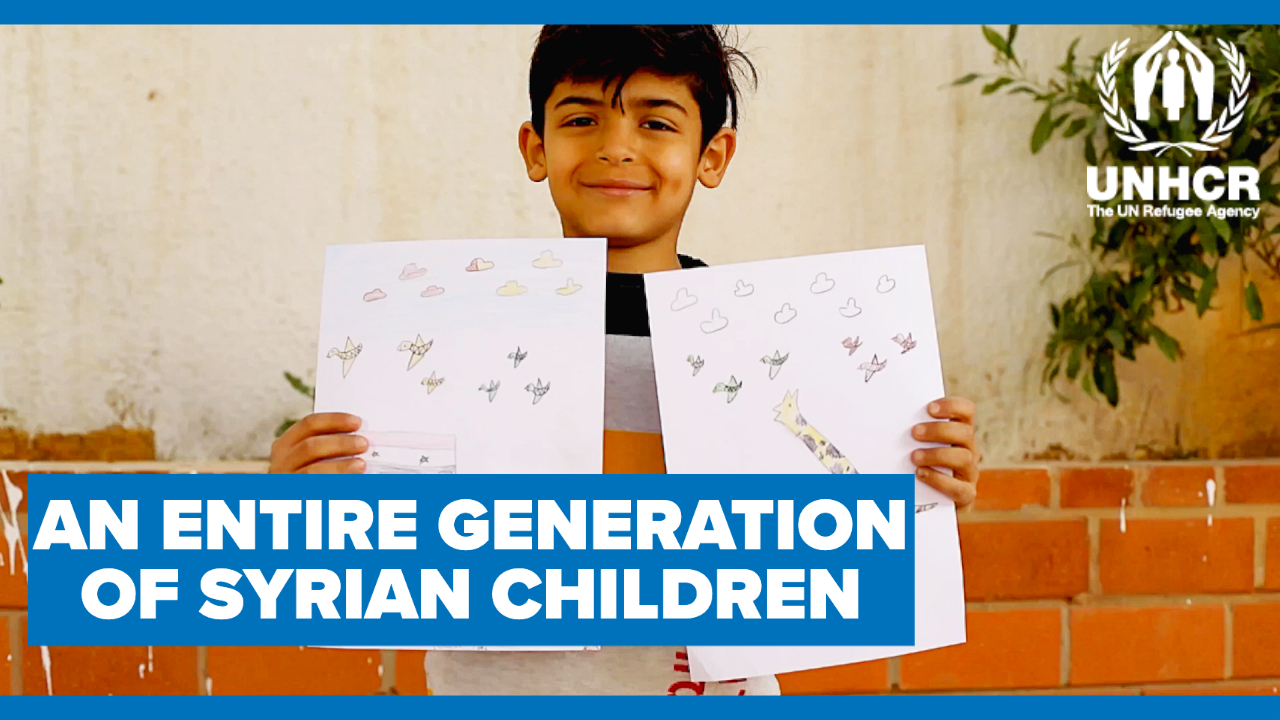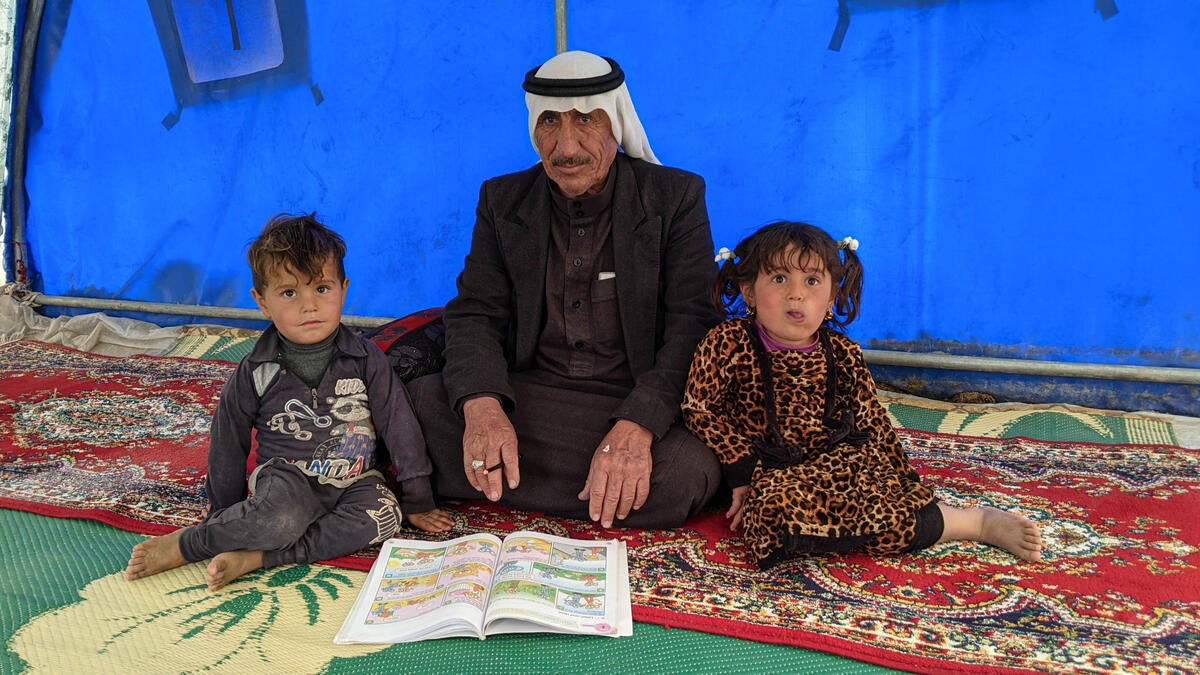UN Humanitarian Briefing on Iraq
UN Humanitarian Briefing on Iraq
There have been no significant refugee arrivals anywhere in the region.
Syria
Large numbers of Iraqis continue to approach our Damascus office seeking temporary protection letters, with 947 received by our staff this morning. This brings to 2,663 the number of Iraqi refugees who have sought our documentation over the last three days. While mostly entire families, some report that their men stayed behind in Iraq.
The Iraqis in Syria are all getting temporary protection letters from UNHCR stating that they should not be sent back to Iraq. All these Iraqis appear to have been residing in Syria for some time and do not face any particular refugee protection problems.
UNHCR staff are monitoring Syria's main border crossings from Iraq, which are quiet. The Al Tanf crossing is reportedly seeing less activity in recent days, with most of the traffic using the Abu Kamal and Al Yarubiyeh borders.
We're boosting our stockpile in Syria with the dispatch of an additional 1,000 tents, 15,000 blankets, 1,000 mattresses and 2,000 stoves from our regional warehouse in Iskenderun, Turkey. This is in addition to the supplies for 10,000 people that we had previously dispatched to Syria from our regional stockpile in Aqaba.
Iran
Despite the lack of refugee flows, UNHCR and Iranian officials agreed during a meeting last weekend to continue preparations for a possible Iraqi refugee influx into Iran. We explained that while UNHCR hoped that there would be a swift end to the war in Iraq and that there would be no refugees, it was still too early to predict what would happen in Iraq and the possibility of a refugee outflow remained.
UNHCR has so far disbursed $9 million for preparations in Iran to meet any refugee emergency from Iraq. We have handed over to the Iranian refugee agency $1 million for the preparation of basic infrastructure - sanitation and water facilities - in four camp sites in the provinces of Kermanshah, Khuzestan and Ilam. These camps have an initial capacity to receive 60,000 refugees. Six other camp sites have been cleared of land mines, levelled and demarcated. They can be put to immediate use if needed. We have brought $8 million worth of relief supplies to our warehouses in the key western Iranian cities of Ahwaz and Kermanshah. The supplies include tents, blankets, mattresses, jerry cans, kitchen sets, soap, sanitary napkins and supplementary foods.
UNHCR staff travel almost daily to check out reports of large concentrations of displaced Iraqis along the border but we have been told by Iranian authorities and relief workers on the Iraqi side of the border that none of these groups has so far attempted to cross the border into Iran. As you know, the 1,400-kilometre border between Iran and Iraq was heavily mined during the 1980-1988 war between Iran and Iraq and civilian travel to this area is restricted. However, we do manage to get permission to border areas in Iran to look into reported Iraqi presence.
Turkey
Stocks of relief supplies are arriving at our regional warehouse in the port city of Iskenderun, in southern Turkey. As of Monday, we had 10,800 tents (sufficient for up to 54,000 people); 95,500 blankets (for around 48,000 people); 58,000 mattresses (for up to 96,000 people); 20,800 stoves; as well as substantial stocks of plastic sheeting, lanterns and jerry cans. Other items are being transferred inland to our warehouse in Gaziantep.
UNHCR mobile monitoring teams in Turkey continue to face serious difficulties. In the remote and mountainous far south - east of the country, where two teams are now located, bad road conditions with up to four metres of snow in some areas is hampering movement around Cukurca. We've also faced some local access problems in the sensitive border zone. After visiting the Semdinli area on Monday, one team is today returning to Hakkari while the other is moving back Van.








